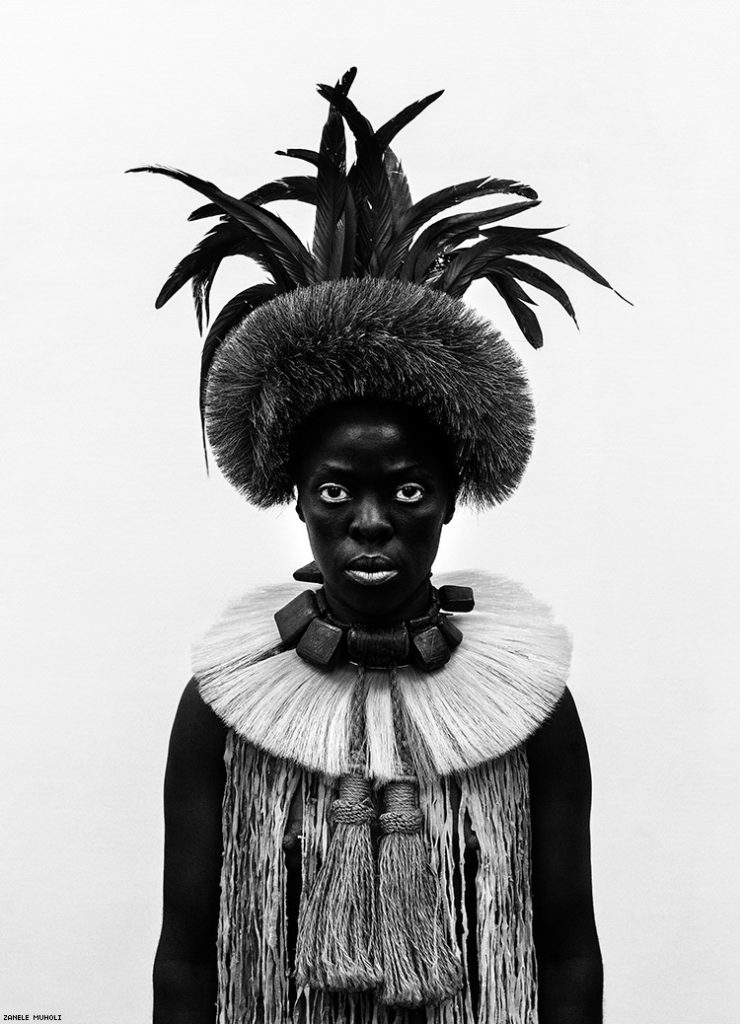
Zanele Muholi Forever Changed the Image of Black Queer South Africans
Zanele Muholi is skeptical of me. The visual activist can’t quite make out who I am, where I come from, or what my background is over our teleconference call. We’ve been trying for days to find the perfect time that works with both of our busy schedules, as I’m on Eastern Standard Time and they’re currently in their home country of South Africa — vacillating between Johannesburg, Capetown, and Durban. For Muholi, it matters that I’m a Black transgender woman, even if I’m from the United States. And while they are reassured by our shared diasporic experience, the identity labels I use — that we use — that they used once upon a time to describe their sexual orientation and gender don’t suffice for them. The Durbanite is quick to explain that more specific terms discussing gender nonconformity and queerness don’t exist in their original Zulu language. “I identify as a human being at this stage because of gender fluidity, and to avoid being confused by what the society expects out of us,” they say. “I came out as a same-gender loving person, but because there was no Zulu name for it, I was called a lesbian. But we move on, transpire, transgress, and transform in many ways; so I’m just human.”